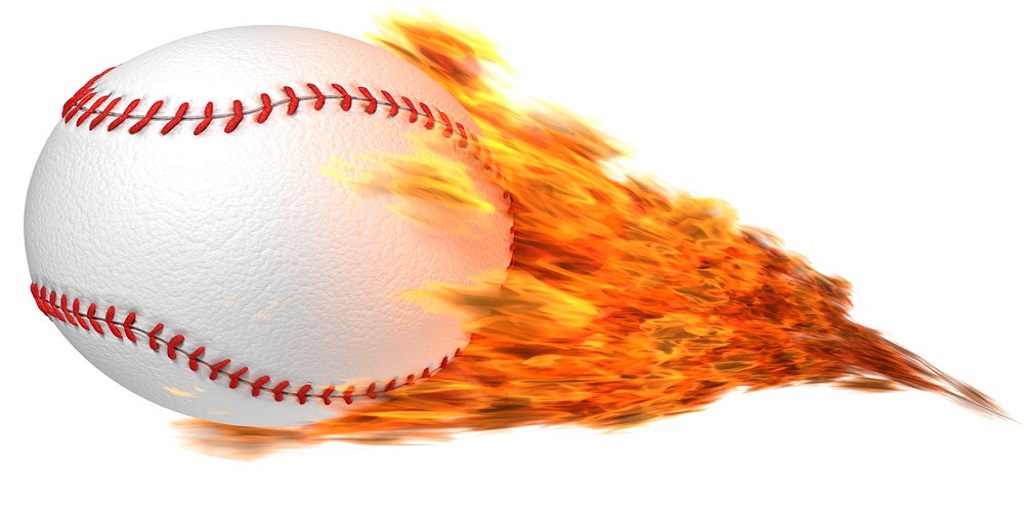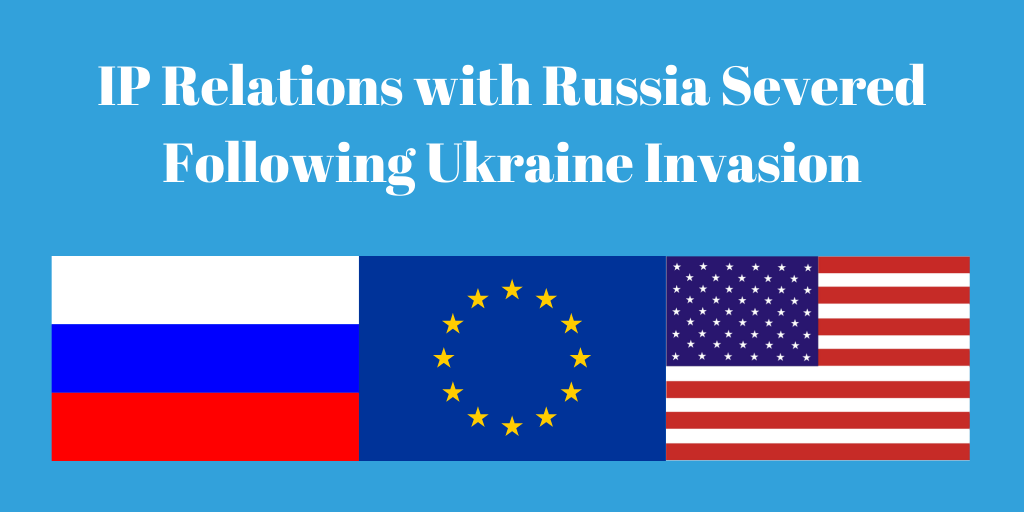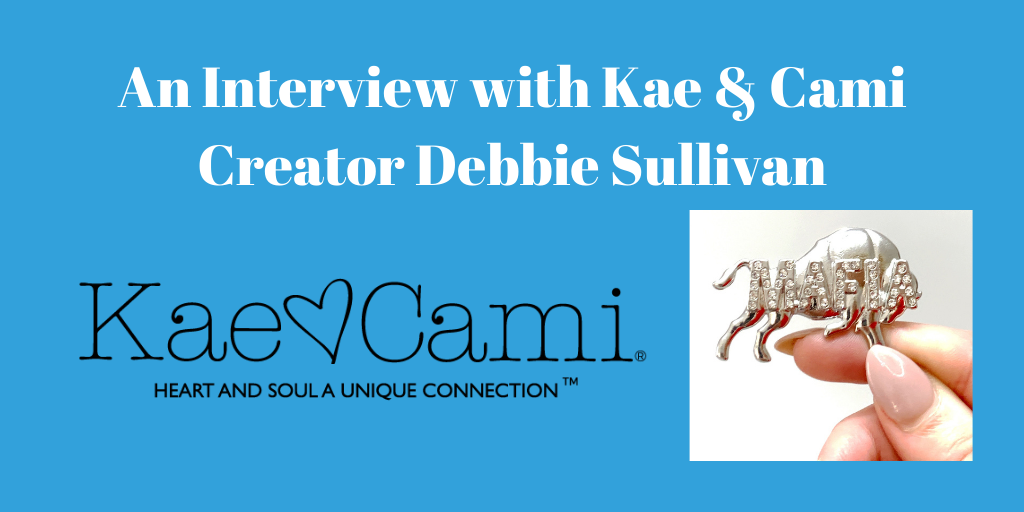What a corporation needs to know about patent law…
I’m sorry if I insult anybody by using the derogatory term “Patent Troll” for a non-practicing entity (NPE) or patent dealer that claims patent rights to technology and demands a licensing payment for the use of the technology. But if the name fits…
I’m not saying that simply suing to protect your patent rights makes you a Patent Troll. But it’s clear that there is an industry where patents are obtained, bought and sold for the sole purpose of initiating lawsuits.
“As of January 1, 2010, PatentFreedom has identified and profiled over 315 distinct NPEs (a number which continues to increase). Since 1985, these NPEs have been involved in litigation with nearly 4,500 different operating companies in over 3,100 distinct actions. And the pace of activity is clearly increasing. Nearly 75% of the suits between these NPEs and operating companies were filed since 2003.”
What is a pa tent troll? When you hear the word troll you visualize the image of a troll underneath the bridge unjustly charging an unwary passerby a duty to cross the bridge. Or maybe you visualize a fisherman trolling for fish. Let’s throw a hook out there (a lawsuit) and see what we can get.
tent troll? When you hear the word troll you visualize the image of a troll underneath the bridge unjustly charging an unwary passerby a duty to cross the bridge. Or maybe you visualize a fisherman trolling for fish. Let’s throw a hook out there (a lawsuit) and see what we can get.
After reading through various articles on the internet on this subject we find both sides of the argument. One side of the argument is that non- practicing entities are Patent Trolls that are eroding the economy, see article by Science Progress:
The patent system was created by the nation’s founding fathers not so much to protect individual ownership rights but to foster investment and technological advancement. Some individuals and companies, however, have opted to use the system for a different purpose: They acquire the rights to certain inventions that are crucial for the proper operation of other, larger inventions, and then essentially hold that intellectual property for ransom to be paid by those who need it. These so-called trolls typically do not make any product and, rather than inspiring innovation, tend to have a chilling effect. For a full discussion of the troll issue …see Daniel P. McCurdy’s article, “Patent Trolls Erode the Foundation of the U.S. Patent System.”
The other side of the argument is that “patent holders” are just enforcing their constitutional rights. (see “Patent Troll:” A Self-Serving Label that Should be Abandoned)
“A ‘patent troll’ is usually defined as someone who enforces a patent yet does not practice the invention protected by that patent. …Enablers of innovation have consistently been demonized throughout recent literature and characterized as “trolls,” who systematically extort payment from unknowing victims. Indeed, the cause of many of the lawsuits that ‘patent troll’ critics abhor is not caused by trolls at all. To the contrary, the cause of patent infringement lawsuits and other enforcement activity is that others are using patented technology without authorization. This fact can be and has consistently been addressed in the system as it exists today. Whether coined “patent trolls” or not, intellectual property companies, small companies, non-manufacturing companies, and other “enforcers” ensure that the system operates as the Constitution directed.”
There is public outcry in the patent community that there’s a need for patent reform. And there’s many suggestions on how to reform the patent system. Some people think that the examiners are are inefficient and allow patent claims that are drawn too broadly. With regard to the”‘patent troll” issue it is argued that broad patent claims should be eliminated at the examination stage, and examiners should be better trained at stopping these types of patents from being issued.
Robert C. Pozen of the NY Times, says patent cases end up in court because ” The quality of American patents has been deteriorating for years; they are increasingly issued for products and processes that are not truly innovative” and that patent rules should “…[allow] experts in the field to submit explanatory or critical comments on patent applications.” This will help inexperienced examiners make better decisions and improve the quality of allowed patents.
Patent experts argue better patents will stop patent trolls. But others such as Timo Fisher and Joachim Henkel’s aren’t convinced. See paper, titled “Patent Trolls on Markets for Technology – An Empirical Analysis of Trolls’ Patent Acquisition”:One Reason Why Improving Patent Quality Won’t Solve the “Troll Problem”
“Surprisingly, and contrary to common belief, we find that troll patents are of significantly higher quality than those in the control group. This result implies that elevating minimum patent quality will not put an end to the patent troll business”
I’m not sure if patent quality is the problem. I think lawsuits are started by non-practicing entities regardless whether or not there is a strong case that a product or process infringes on the subject
patent. Suits are brought knowing that the party being sued would rather settle even if they know it can be proved at trial that there is no infringement. So there’s money to be made in these lawsuits.
In addition, non- practicing entities form corporations around individual patents or groups of patents to limit their liability and farm these cases out to attorneys who specialize in patent infringement cases on a contingency fee basis. The attorneys know that they will be supplied with an endless steam of infringement cases based on multiple patents, so it’s worth their while to take a case and put it into suit regardless of the strength of the case. It is not uncommon that these cases are put into suit based on patents that arguably do not cover the product or process that is alleged to be the basis of infringement.
To say that the patent doesn’t apply at all may be a stretch, however if it’s in the ballpark and there can be an argument made that there is infringement and there is a deep pocket, then a lawsuit is filed. The pressure is on corporate America to either pay up or fight it out in the courts. And everybody knows how expensive a patent litigation is. As a result non-practicing entities get the unwanted moniker “patent troll.”
There is Rule 11 of the Federal Rules of Civil Procedure that is supposed to stop frivolous lawsuits. However it appears that once a lawsuit is filed it is very difficult to prove that the lawyer or the entity filed it knowing there was no meritorious case. You don’t often see Rule 11 enforced in these cases.
Often the patent troll files a lawsuit based on a patent where there a modicum of an argument that there is an infringement. In these case the biggest concern of the party being sued is not whether they are going to lose the lawsuit, but whether or not it will cost them a fortune to prove they’re not infringing. Patent trolls, and particularly those who regularly make infringement allegations know that the enormous cost of patent litigation is a major deterrent against fighting the case through trail and that they will likely receive settlement offers.
So it’s not a bad financial strategy for a Patent Troll to sue a patent infringement case whether or not there is a strong likelihood that the product actually infringes. In fact, patent trolls have been known to structure settlement offers around anticipated litigation costs, rather than around the alleged infringer’s sales figures.
I wouldn’t want to defame any non-practicing entities or their attorney’s by saying that they know when they initiate a lawsuit that the patent which is the basis of the lawsuit really doesn’t cover the product or process of the defendant corporation. Call me “an attorney trying to circle the defense wagons, using the common rallying cry of “patent trolls,” but does anyone really believe that out of thousands of cases filed by Patent Trolls that Rule 11 doesn’t apply to any of them?
I guess each law suit has to be evaluated on a case-by-case basis and we shouldn’t stereotype any group or demonize their chosen path to make a living. My experience in life is that the truth often lies someplace in the middle. But I also believe that where there is smoke there is fire.








